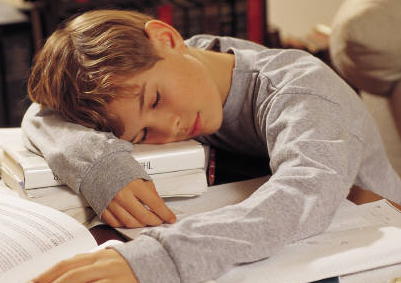You are currently browsing the monthly archive for April 2012.

Have you got children that:
Wake up at all hours of the night? Won’t go to sleep or want to wake up in the middle of the night and play? Can’t get out of bed in the morning? Are tire during the day?
Check out this article on sleep issues for children with FASD published in the International Journal of Pediatrics.
The article mentions the many sleep problems children with FASD often experience, such as trouble falling asleep, fatigue during the day, night terrors, sleep walking, and frequent waking at night. Decreased sleep can lead to numerous problems in other areas such as academics, health, behaviour, daily living, and sleep routine of the parent/caregiver.
So what are some key components to healthy sleep?
1. Improved Sleep Environment:
Kids with FASD may be over-sensitive to stimuli in their environment, which may cause them to wake up or have trouble falling asleep.
Tips for improved sleep environment:
- Earplugs
- White noise machines
- Dimmer lights in the home
- Reduce business of visual stimuli (i.e. simple paint/wallpaper, not too many distractions in the room)
- Cut off tags on pyjamas
- Be aware of possible stimulation issues due to weight of blankets, temperature of home, smells (i.e. strong laundry detergents)
- Night-lights for fear of dark
- Don’t use bedrooms as a punishment
- Consistency in environment for kids who have difficulty with change
2. Sleep Promoting Activities:
Calming activities before bed tend to reduce the time needed for a person to fall asleep. Exciting or invigorating activities before bed tend to increase the time needed for a person to fall asleep. Trial and error may be your best friend- activities that are calming for typically developing children may not necessarily work for a child with FASD.
Tips for sleep promoting activities:
- Firm sequence and schedule
- Use a soft voice and simple instructions
- A visual schedule may help as a prompt
- Read developmentally appropriate bedtime stories and avoid books that stimulate the senses like touch books or books with sound
- Relaxing activities such as a warm bath or quiet music may help
- Praising good bedtime behaviours may be more helpful than scolding undesired bedtime behaviours
- Monitor the possible effect medications may be having on a child’s sleep.
3. Scheduling of Sleep:
Scheduling, routine and structure are critical, not only at bedtime, but throughout the entire day.
Tips for sleep scheduling:
- Enforce rules and consistency
- Maintain schedule on weekends and holidays
- Melatonin may be helpful to establish a sleep schedule (talk to your doctor)
Source:
Jan, J. E., Asante, K. O., Conroy, J. L., Fast, D. K., Bax, M. C. O., Ipsiroglu, O. S., Bredberg, E., Loock, C. A., & Wasdell, M. B. (2010). Sleep Health Issues for Children with FASD: Clinical Considerations. International Journal of Pediatrics, v.2010; 2010. Retrieved from http://www.ncbi.nlm.nih.gov/pmc/articles/PMC2913852/
Caregivers and parents:
Help each other out! What are some of your sleep secrets? Have you found sleep strategies that work for your children? Post them here and help another parent out!

